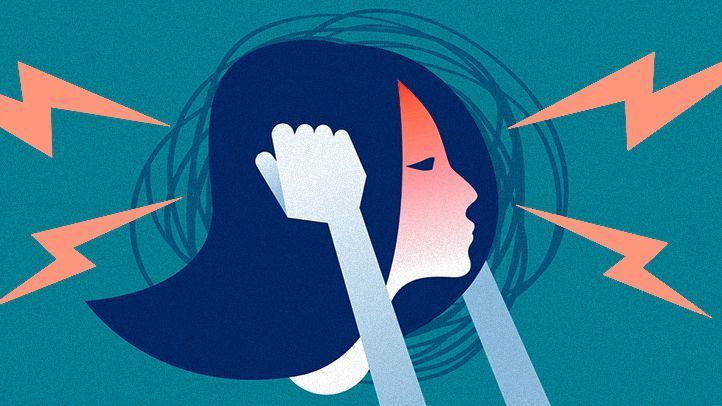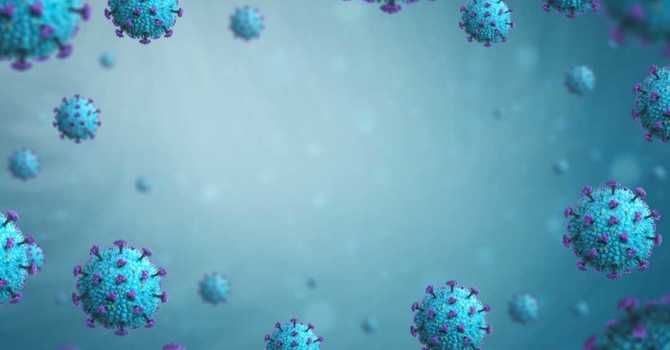
Acupuncture is a safe and effective ancient healing practice that has been used for centuries to treat a wide range of health conditions, including migraines. While the exact mechanism of how acupuncture works is still a mystery, researchers have shown that it can help ease migraine pain and improve quality of life. By stimulating these points, acupuncture can help to improve the body's energy flow, reduce inflammation, and balance the body's hormones. This can lead to a reduction in migraine symptoms and an overall improvement in quality of life. In this article, we will look at how acupuncture can be used to treat and manage migraine pain, as well as its potential benefits and risks.
Acupuncture as a Complementary Therapy
Many people turn to acupuncture as a complementary therapy for migraine treatment. This means that it is used alongside other treatments, such as medications and lifestyle changes. It is important to note that acupuncture should not be used as a replacement for traditional medical care. However, it can be used in conjunction with other treatments to provide additional relief from migraine symptoms.
Acupuncture can be used to treat both acute and chronic migraines. Acute migraines are usually short-lived, while chronic migraines are more persistent and can last for weeks or even months at a time. Regardless of the type of migraine, acupuncture can help to reduce the intensity and frequency of the headaches, as well as other associated symptoms such as nausea and sensitivity to light and sound.
Benefits of Acupuncture for Migraine Treatment
There are many potential benefits of acupuncture for migraine treatment. For starters, acupuncture is a safe and non-invasive treatment that carries very few risks. Additionally, acupuncture can be used to treat both acute and chronic migraines, as well as other conditions such as stress and anxiety. It can also be used to help with other symptoms, such as nausea and sensitivity to light and sound.
Many people also find that acupuncture can provide long-term relief from migraine pain. This is because it is believed to help restore balance to the body, which can help to prevent migraines from recurring. Additionally, acupuncture can help to reduce stress, which is a common trigger for migraines.
Scientific Research on Acupuncture and Migraines
While there is still much to learn about the effectiveness of acupuncture for the treatment of migraines, there is some evidence to suggest that it can be beneficial. A recent systematic review of randomized controlled trials found that acupuncture was effective in reducing the frequency and intensity of migraines, as well as reducing other associated symptoms such as nausea and sensitivity to light and sound.
In addition, a meta-analysis of observational studies found that acupuncture was associated with a 24% reduction in the frequency of migraine attacks. While these results are promising, it is important to note that more research is needed in order to better understand how acupuncture can be used to effectively treat migraines.
Potential Risks and Side Effects
Acupuncture is generally considered a safe and effective treatment for migraine pain, with very few risks or side effects. The most common side effects include minor bruising, soreness, and bleeding at the site of needle insertion. However, these side effects typically resolve on their own and do not require medical attention.
It is also important to note that acupuncture should not be used by people who have certain medical conditions, such as a bleeding disorder, an infection, or a condition that affects the immune system. Additionally, acupuncture should not be used by pregnant women, as it may cause miscarriage.
Tips for Managing Migraine Pain
In addition to acupuncture, there are several other strategies you can use to manage your migraine pain. For starters, it is important to identify and avoid triggers, such as certain foods, stress, and bright lights. Additionally, it is important to get adequate sleep, exercise regularly, and practice stress-reduction techniques such as yoga and meditation.
Finally, it is also important to keep a migraine diary, which can help you identify patterns in your migraines and determine which treatments are most effective for you.
Overall, acupuncture is a safe and effective treatment option for those suffering from migraine pain. By understanding how acupuncture works and its potential benefits and risks, you can make an informed decision about whether it is right for you.
Give us a call today and we can schedule you for a consultation with Dr. Salmond.
Dr. Cynthia Kerr Salmond
Contact Me

